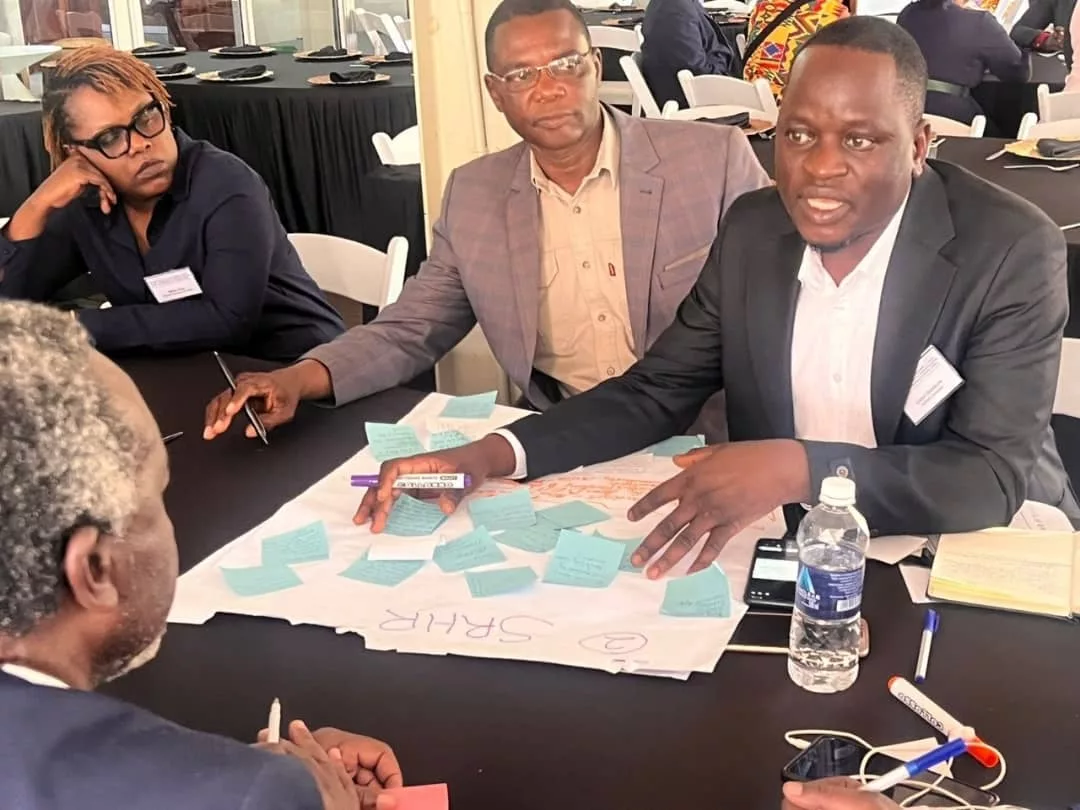Non-state actors (NSAs) are routing for the amplification of youth voices for a healthy democratic future and championing youth-led social accountability monitoring for the domestication of the Southern African Development Community (SADC) sexual and reproductive health rights (SRHR) commitments.
These were the recommendations by Lloyd Dembure, the Southern Africa HIV and AIDS Information Dissemination Service (SAfAIDS) Head of Resilience, Diversity and Sustainability during the Southern African Development Community (SADC)’s Regional Indicative Strategic Development Plan 2020-2030 (RISDP) running from the 14th to the 15th of August 2024 in Harare, Zimbabwe.
“There is need to build urgency of young people and mobilise them to participate in the full budget cycle from planning to the execution to ensure they influence SRHR priorities. On the other hand, we need to expand innovative digital health Social Accountability Monitoring tools to track domestication of SRHR commitments including using social media, online social accountability monitoring surveys, and innovative mobile application like MobiSAfAIDS App,” said Dembure.
SAfAIDAS has done youth-led social accountability monitoring for SRHR (SAM4SRHR) where it trained young people whom they call SAM4SRHR champions to track access to SRH services for young people at 2 health facilities in Binga, Zimbabwe; and 2 facilities in Mongu and Chipata, Zambia, using the MobiSAfAIDS Application. The evidence is used to inform interface dialogues with service providers and policymakers to develop localised solutions.
The Application has different types of SRH services so what happens is when a young person visits a health facility, maybe to get condoms or HIV testing, and if they fail to get the service they open a ticket on the issue through the mobile phone and automatically the issues reflect on the Application on the side of the sister in charge who then appreciate the service gap. So the service can either refer the ticket to the service provider to address the issue or the issue remains pending. At the end of the month SAM4SRHR champions then track all unresolved issues and engage in an interface meeting with the facility on addressing the issues.
He also recommended the promotion of youth-led advocacy initiatives on domestication of SRHR commitments that is integrated into existing structures and platforms of young people .
“We should build youth-led social movements on social accountability monitoring on SRHR/GBV that also use social debates or integrational dialogue. Stakeholders must mobilise policymakers at all levels for increased domestic budget allocation to meet the 15% Abuja commitment. There is also a need to track national domestic budget allocation for health and SRH through strengthened SADC PF Special Committees for Young people at the regional and national levels.
“We are also making concerted efforts to increase the participation of young people in key decision making spaces. There is a need to increase dissemination of policies, strategies, guidelines, and commitments on SRHR in simplified language and format and delivering using social media targeting young people in their diversity including those with disabilities and belonging to key populations,” Dembure added.






